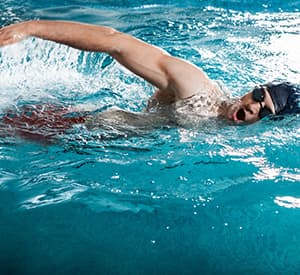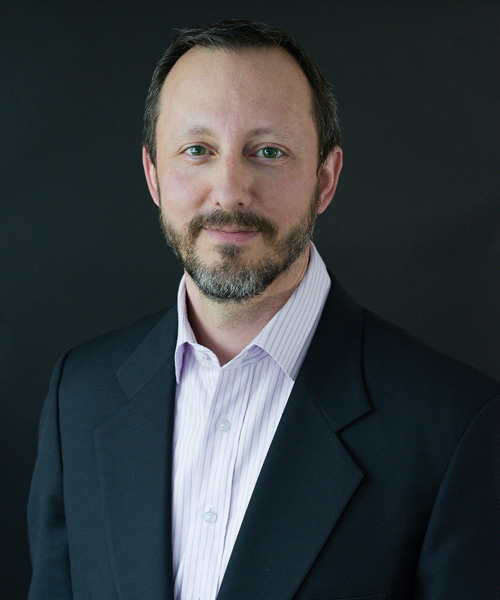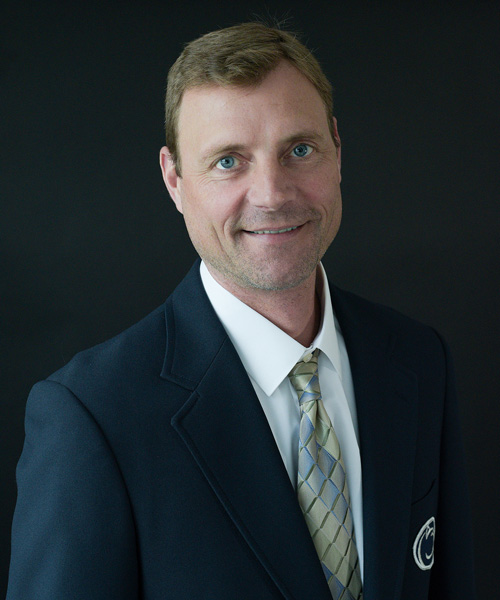Rotator Cuff Tears
Conditions and Treatments
Rotator cuff tears are a common cause of shoulder pain and weakness. Rotator cuff tears can occur due to a sudden injury, or gradually with overuse. It is a common injury among athletes who do a lot of throwing or heavy lifting. Rotator cuff pain can make it difficult to lift the arm, which can interfere with daily activities or pain that interferes with sleep.
Traditionally, surgery is often recommended to treat rotator cuff tears. At New Jersey Regenerative Institute, we specialize in nonsurgical treatments for rotator cuff tears that have helped many patients avoid the need for surgery. Drs. Bowen, Malanga, and Agesen each have over 20 years of experience in patient care and are board certified. They provide comprehensive, individualized care for injuries like rotator cuff tears based on the latest research. Our doctors also regularly participate in research studies on regenerative medicine and teach residents ,fellows, and physicians from across the country.
Common Symptoms of Rotator Cuff Tears
Though most rotator cuff tears occur gradually with wear on the tendon over time, they can also occur with a sudden injury, such as a fall onto the arm or lifting heavy objects. Repetitive stress on the rotator cuff, age, and the development of bone spurs can increase the risk of developing a rotator cuff tear.
Symptoms of a rotator cuff tear may include:
- Pain and/or weakness in the affected shoulder when lifting or lowering the arm
- Pain at night, especially while lying on the injured shoulder
- A “crackling” sensation when moving the shoulder
Though the above symptoms are common with rotator cuff tears, they can also be indicative of other shoulder injuries. We always examine each patient thoroughly to confirm the diagnosis and recommend an appropriate individualized treatment plan.
Our Treatment Approach for Rotator Cuff Tears
When patients seek treatment for rotator cuff tears, we take a comprehensive approach to examination and treatment. At New Jersey Regenerative Institute, patients always meet directly with the doctor throughout the examination and treatment process. We examine all potential contributing factors to the patient’s injury, and recommend treatments based on the patient’s needs and the latest research.
Our examination and treatment process takes a staged approach, as follows:
1. Complete a thorough exam and analysis of the patient’s history.
Our doctors always begin with a detailed exam, which may include both imaging tests and a physical examination to review the biomechanics of the shoulder. There are a number of conditions that can cause similar symptoms, so our goal is to confirm the diagnosis before proceeding with treatment recommendations. We also review the patient’s prior experience with treatments, including physical therapy.
2. Discuss lifestyle changes that may help with symptoms.
Rest and activity modification can be helpful in relieving symptoms for some patients. If the patient is not currently working with a physical therapist, we may also provide a recommendation for a physical therapist to help improve strength and range of motion in the shoulder. We may also discuss supplements or diet changes that can help with reducing pain and inflammation.
3. Discuss regenerative medicine options.
If more conservative treatments do not relieve symptoms, we can recommend nonsurgical regenerative medicine options to help relieve rotator cuff symptoms. Below are some of the procedures we may recommend for rotator cuff tears:
- Prolotherapy / Prolozone - Prolotherapy is an injection consisting of a substance (usually dextrose/sugar) that is injected into the rotator cuff to decrease inflammation and promote healing. Prolozone injections are similar, but also include ozone to help immune modulation and healing. Prolotherapy and Prolozone are typically administered in a series of 3-5 injections.
- Platelet-Rich Plasma (PRP) - PRP injections may be helpful in reducing pain and inflammation for partial rotator cuff tears while stimulating healing.
- Adipose/Fat Therapy - Adipose/fat injections are taken from the patient’s own fat, then injected into the rotator cuff tear. This procedure can be helpful for larger rotator cuff tears to “fill in” the tissue defect and provide additional cushioning.
- Bone Marrow Aspirate Concentrate (BMAC) - BMAC injections are a cellular procedure that utilize cells taken from the patient’s own bone marrow. These injections may be used for more severe injuries like rotator cuff tears.
- Pulsed Electro-Magnetic Field Therapy (PEMF) - A PEMF machine uses an electrical current in conjunction with a looped wire to produce an electromagnetic field, which is activated and deactivated in cycles. It can help to relieve pain, inflammation, and muscle soreness and may also improve circulation.
New Jersey Regenerative Institute frequently participates in research studies on the effectiveness of these procedures for orthopedic injuries and are happy to discuss our research findings with patients.
Recovering from Rotator Cuff Tears
With nonsurgical, regenerative medicine treatments, patients typically have less downtime than those who undergo surgery. Specific recovery recommendations will depend on the procedure, but most patients are advised to rest for a few days, usually return to pre-procedure activities in a week, and activity is gradually increased thereafter. Patients are also typically advised to avoid taking anti-inflammatory medications during recovery, as they can interfere with the effectiveness of the procedure.
The effects of regenerative medicine can take time; many patients do not see full benefit until 4-6 weeks after a procedure.
Nonsurgical Rotator Cuff Treatment in New Jersey
Drs. Bowen, Malanga, and Agesen are board certified physicians, each with over 20 years of experience. They regularly participate in research studies on the effectiveness of regenerative medicine procedures for orthopedic injuries like rotator cuff tears. Our physicians provide comprehensive evaluations and treatment plans for orthopedic injuries, and base their recommendations on the latest research available. If you would like to schedule a consultation with one of our physicians, please call our office at 973-998-8309 or fill out our Appointment Request form.



